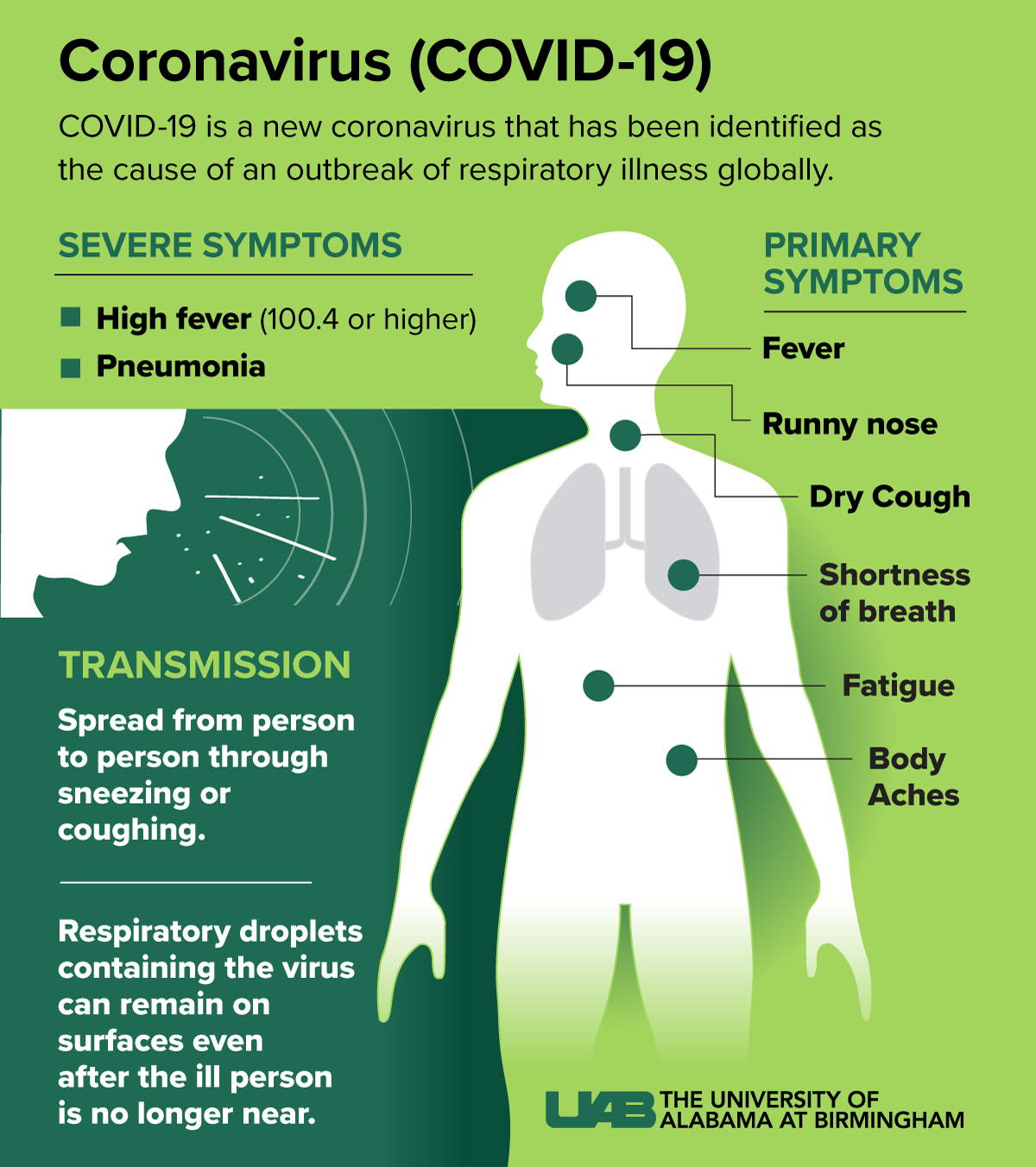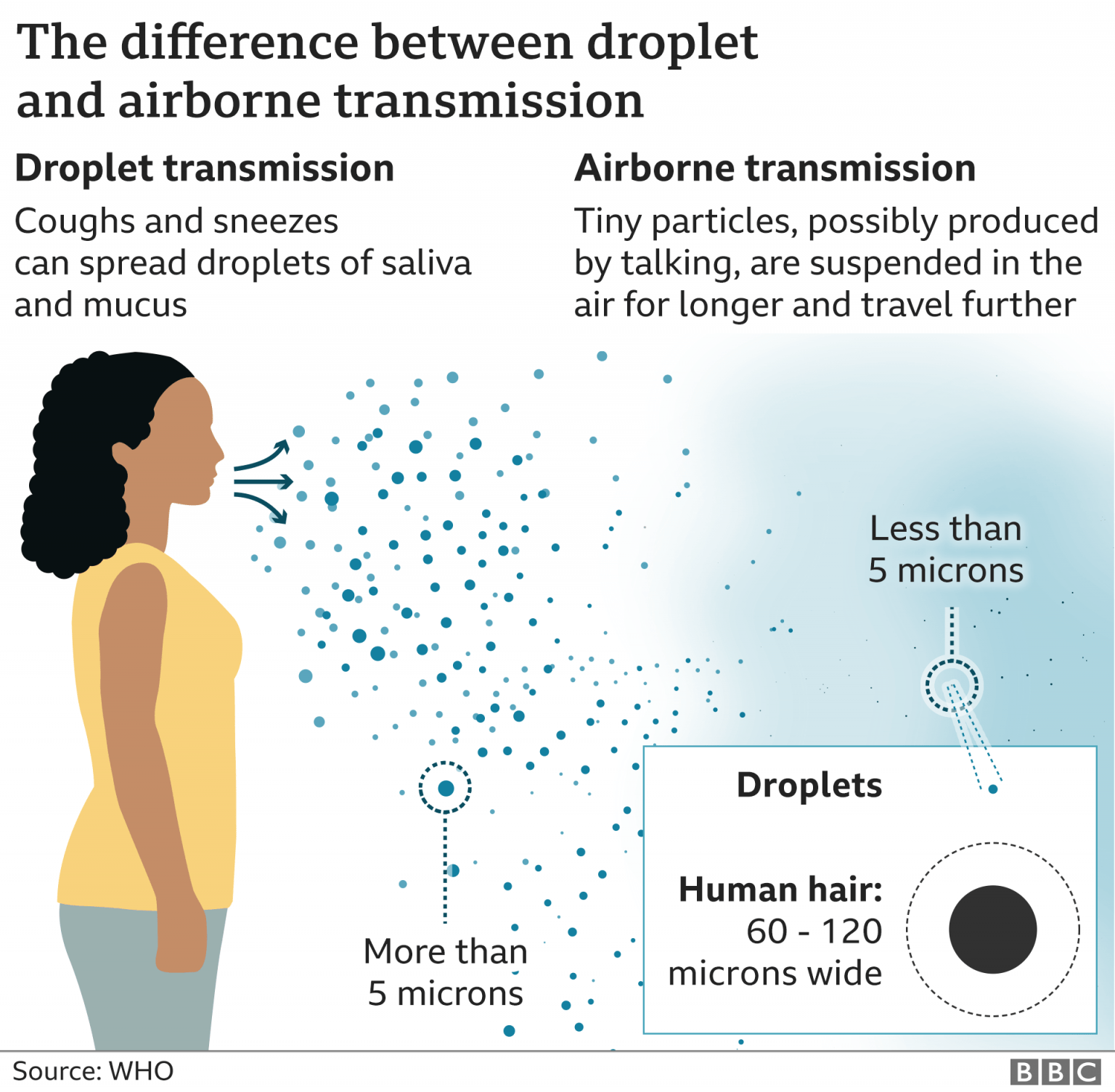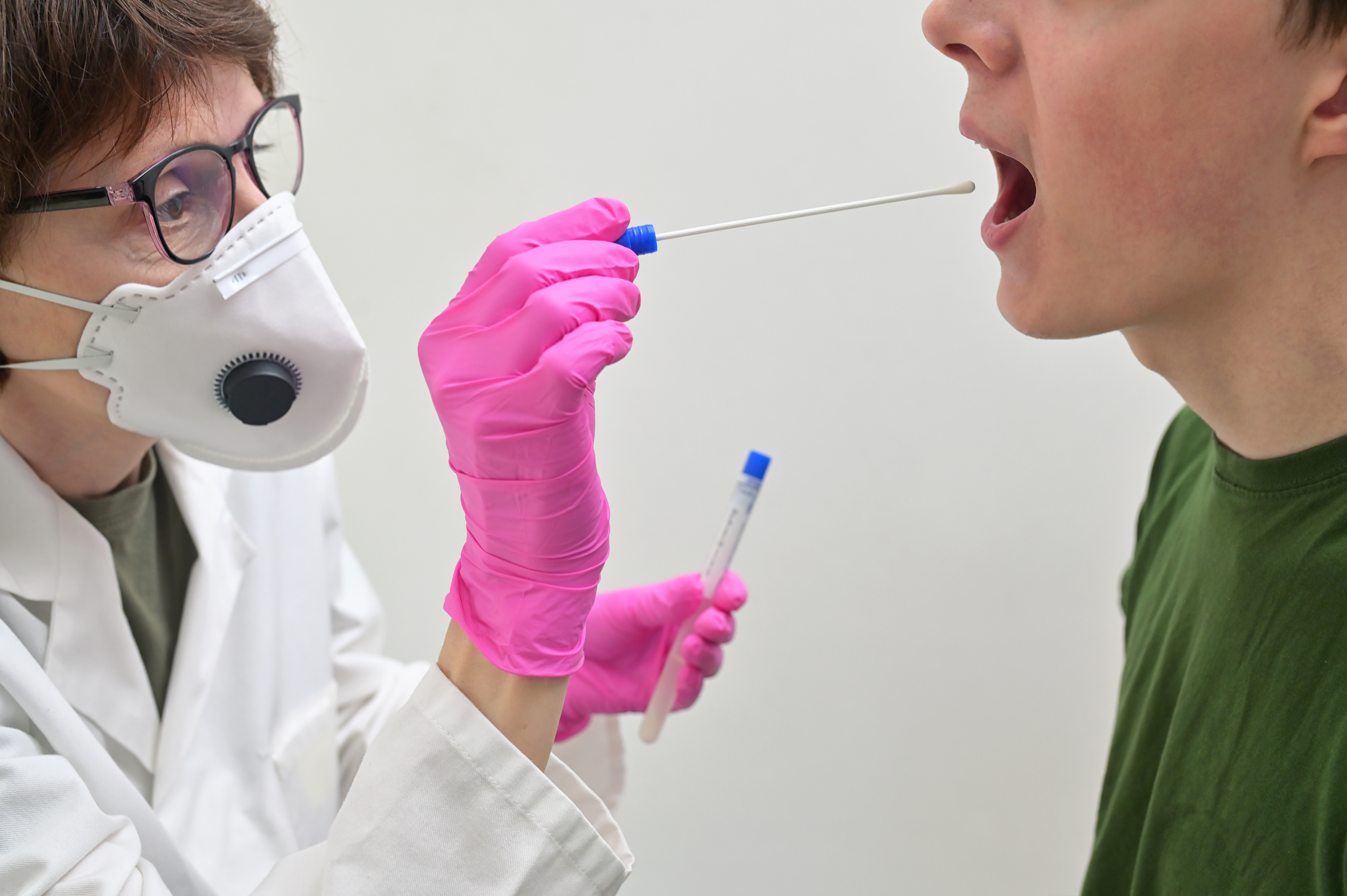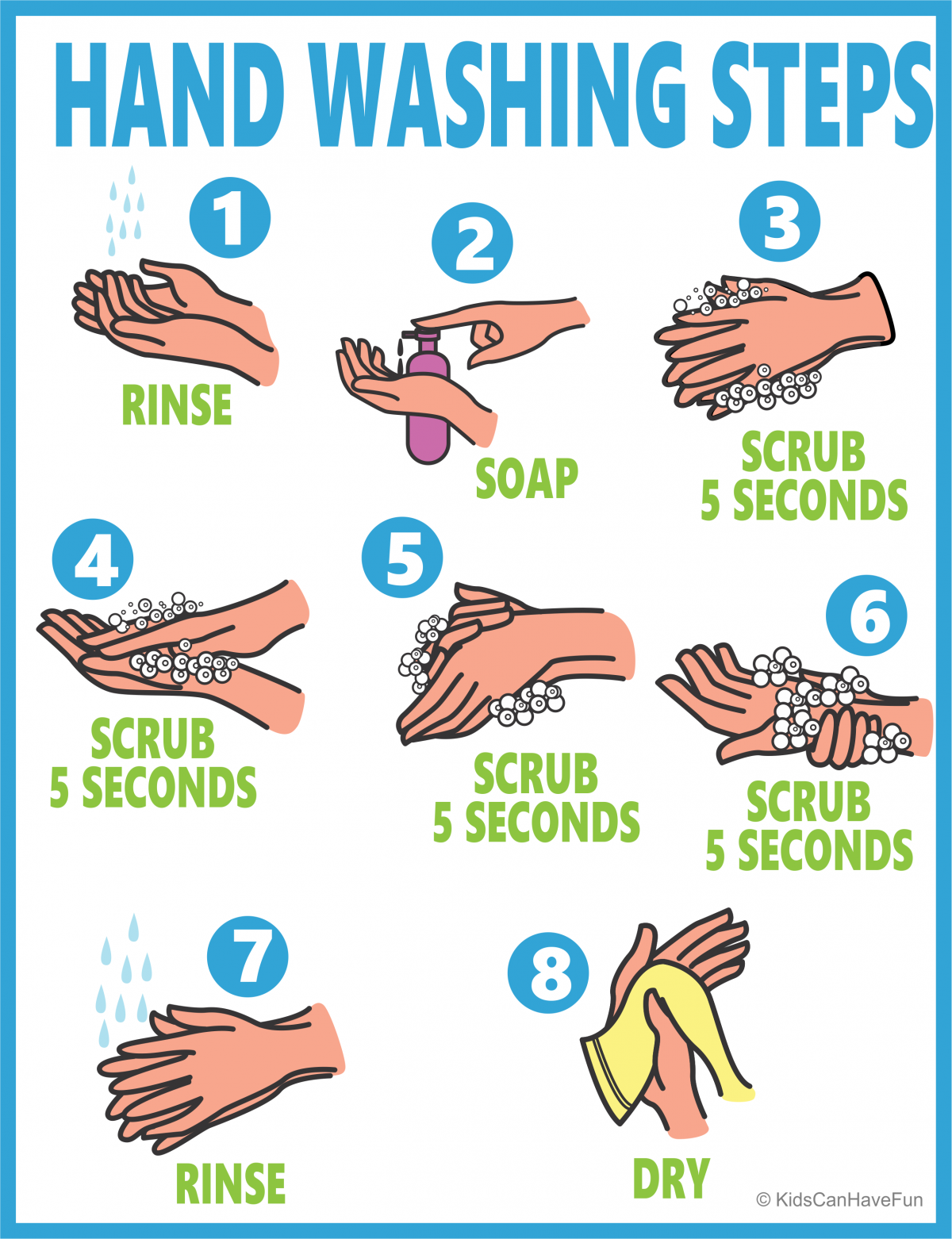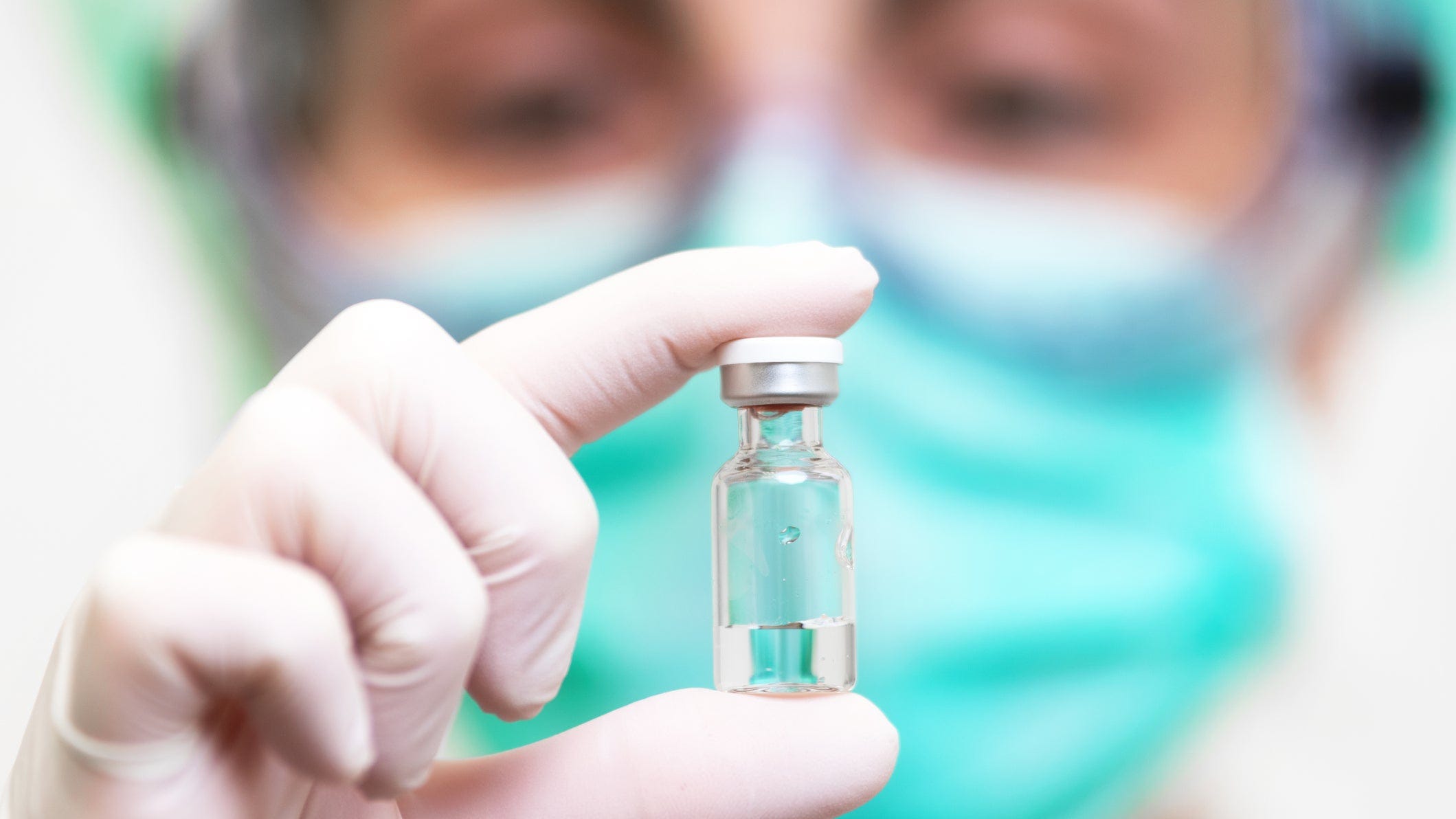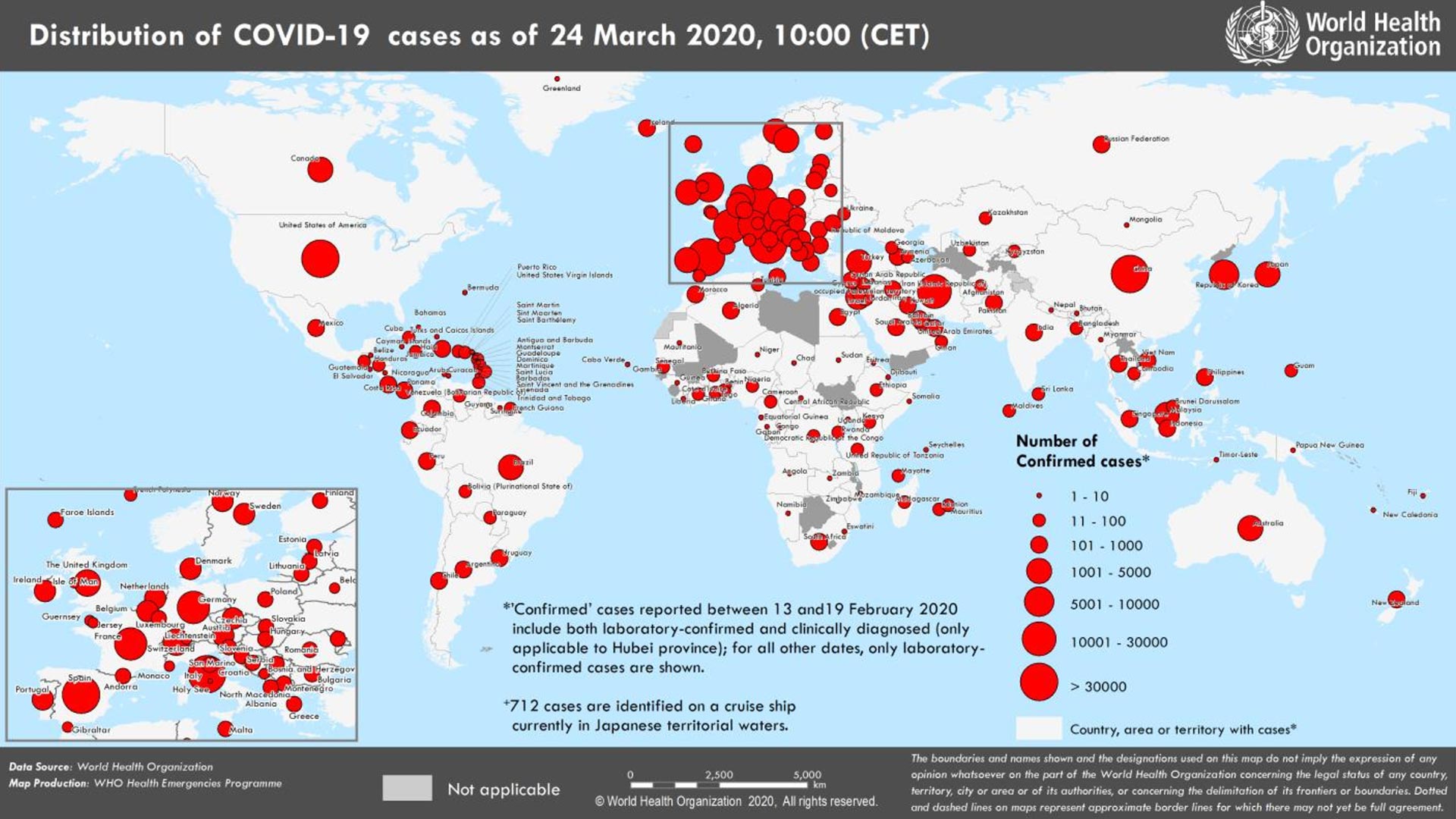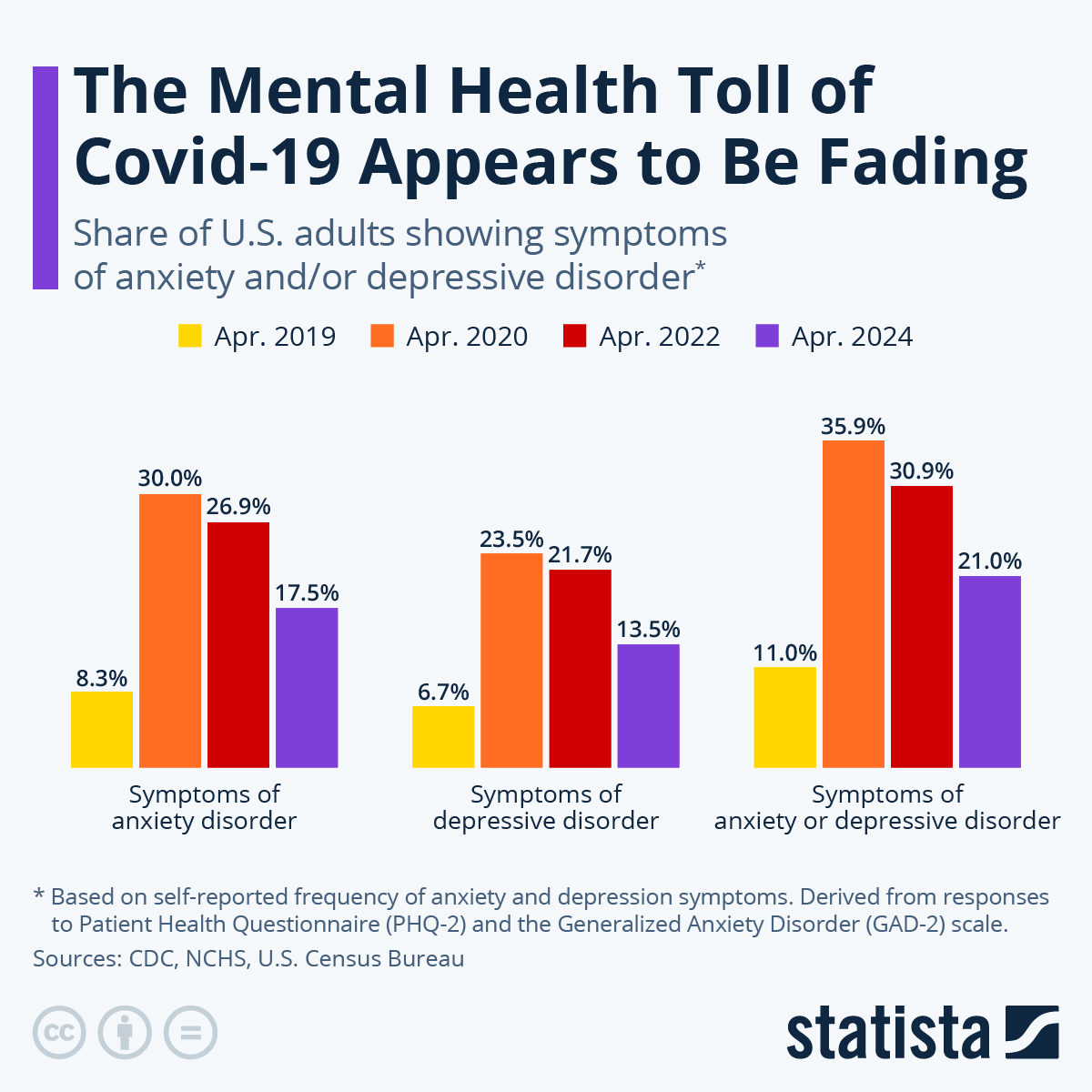Corona Disease Presentation
| Introduction to Corona Disease | ||
|---|---|---|
| Corona disease, also known as COVID-19, is a respiratory illness caused by the novel coronavirus SARS-CoV-2. It was first reported in December 2019 in Wuhan, China, and has since become a global pandemic. The symptoms of Corona disease can range from mild to severe, including fever, cough, and difficulty breathing. | ||
| 1 | ||
| Modes of Transmission | ||
|---|---|---|
| Corona disease primarily spreads through respiratory droplets when an infected person coughs or sneezes. Close contact with an infected person, such as touching or shaking hands, can also lead to transmission. It is possible to contract the virus by touching surfaces or objects contaminated with the virus, then touching the face. | ||
| 2 | ||
| Risk Factors | ||
|---|---|---|
| Older adults and individuals with underlying health conditions, such as heart disease, diabetes, or weakened immune systems, are at higher risk of developing severe symptoms. Healthcare workers and individuals in close contact with infected people are also at increased risk. It is important to practice preventive measures, such as social distancing and proper hygiene, to reduce the risk of transmission. | ||
| 3 | ||
| Diagnosis and Testing | ||
|---|---|---|
| Testing for Corona disease involves collecting respiratory samples, such as swabs from the nose or throat. Diagnostic tests, like polymerase chain reaction (PCR) tests, detect the presence of the virus in the body. Rapid antigen tests can provide quicker results, but they may have a higher chance of false negatives. | ||
| 4 | ||
| Treatment and Management | ||
|---|---|---|
| Currently, no specific antiviral treatment exists for Corona disease. Mild cases can be managed with self-isolation, rest, and over-the-counter medications to relieve symptoms. Severe cases may require hospitalization and supportive care, such as oxygen therapy or mechanical ventilation. | ||
| 5 | ||
| Prevention Measures | ||
|---|---|---|
| Practice good hand hygiene by washing hands frequently with soap and water for at least 20 seconds. Wear a mask in public settings where social distancing is challenging to maintain. Maintain physical distance of at least 6 feet from others and avoid crowded places. | ||
| 6 | ||
| Vaccination Efforts | ||
|---|---|---|
| Vaccines have been developed and authorized for emergency use to prevent Corona disease. Vaccination efforts aim to provide immunity to individuals and reduce the overall spread of the virus. It is important to follow local guidelines and get vaccinated when eligible to protect oneself and the community. | ||
| 7 | ||
| Global Impact | ||
|---|---|---|
| Corona disease has had a significant impact on economies, healthcare systems, and daily life worldwide. Travel restrictions, lockdowns, and social distancing measures have been implemented to curb the spread of the virus. The pandemic has highlighted the need for global cooperation and preparedness in managing infectious diseases. | ||
| 8 | ||
| Mental Health Considerations | ||
|---|---|---|
| The pandemic has contributed to increased levels of stress, anxiety, and depression among individuals. It is crucial to prioritize mental health and seek support when needed. Engaging in self-care activities, maintaining a routine, and staying connected with loved ones can help alleviate mental health challenges. | ||
| 9 | ||
| Conclusion | ||
|---|---|---|
| Corona disease is a global health crisis that requires collective efforts to control its spread. By following preventive measures, getting vaccinated, and staying informed, we can work towards reducing the impact of the disease. Together, we can overcome the challenges posed by Corona disease and emerge stronger and more resilient. | ||
| 10 | ||
